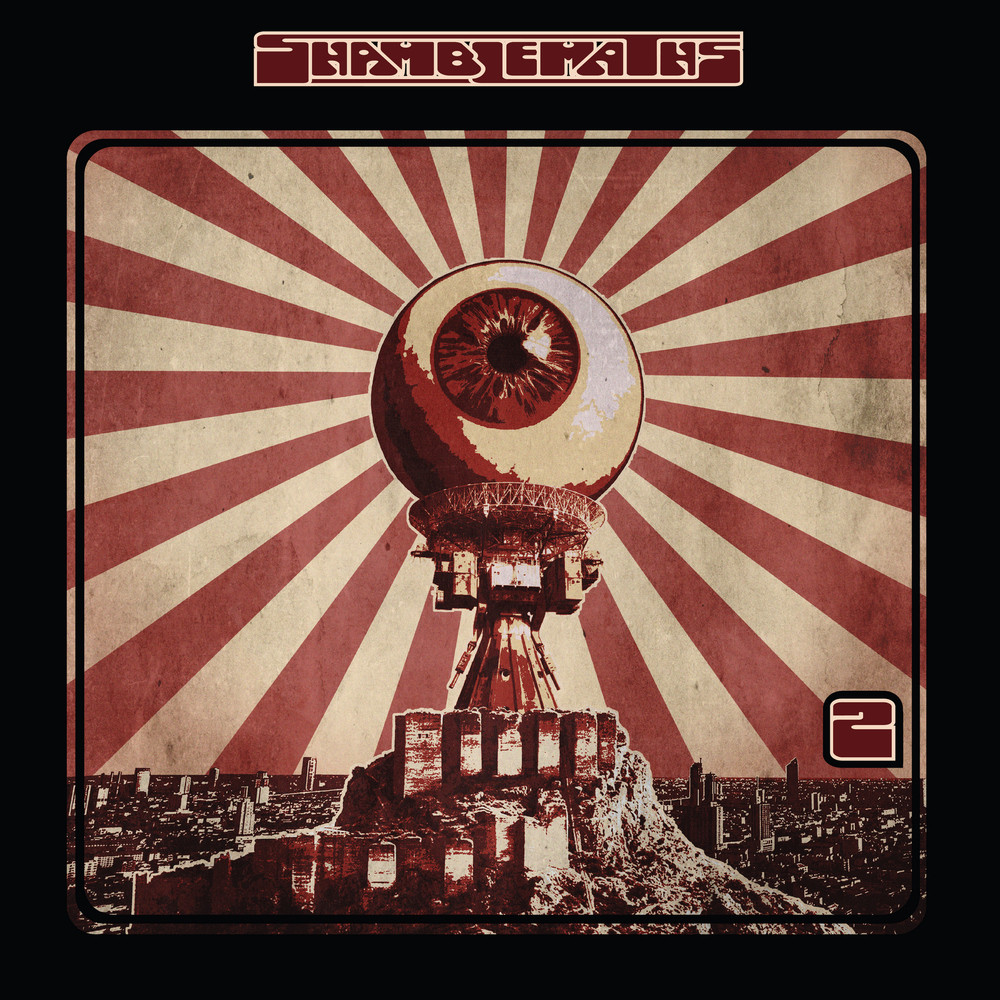 |
Country: Norway
Style: Progressive Rock
Rating: 9/10
Release Date: 22 Oct 2021
Sites: Bandcamp | Facebook | Official Website
When it comes to prog, in all its various subgenres, the best reference site online is Prog Archives and it's possible to search their review database for the highest rated releases of any or all years. Take off all the filters and you'll see Close to the Edge by Yes at the top of the heap, with Genesis, Pink Floyd, King Crimson, Jethro Tull and Van Der Graaf Generator also in the top ten. That's very British, not that I'm arguing with the list, but if you pop 2021 into the year of release field, you'll see a lot of foreign material: three Norwegian bands in the top five and only two British artists in the top ten. If you care, there are also three Italian bands and one each from Greece and Mexico.
But this one's at the top, a second album, as you might expect, from an eclectic prog band hailing from Trondheim, who suggest "not for the faint of ear" on their website. They're mostly one man, Simen Å. Ellingsen, whose day job is Professor of Fluid Mechanics at the Norwegian University of Science and Technology. With PhDs in quantum physics and political science, it's not surprising to find that he has a Wikipedia page, even if his band doesn't. Ingvald A. Vassbø has been his musical collaborator in Shamblemaths since 2019 and he plays drums and xylophone here. There are other guests here and there too, the most frequent being Eskild Myrvoll on bass.
Now, I've been discovering that Norway is a hotbed of modern prog lately, Motorpsycho easily my favourite thus far, but Wobbler, Leprous and a string of other M bands not far behind: Mythopoeic Mind, Magic Pie and Mantric for a start. Shamblemaths are the least accessible all of those, if the songs on this album are anything to go by, but they're from impenetrable. Even when they're on a complex kick, with Ellingsen's saxophones dancing around in crazy time signatures, it's still clearly a set of easily enjoyable moments. It's just when you put it all together into these pieces of music that they become a little challenging, especially on a first listen.
It's definitely music to explore and multiple listens really help that. It's so wildly original that any comparisons are going to fall wildly short, but there's definitely King Crimson in here, a Marillion nod here and there in phrasing and plenty of classical music too, D.S.C.H. being a common motif in the works of Shostakovich and this piece potentially being a couple of movements from his String Quartet No. 8, albeit mostly not played on strings. Prog Archives reviewers bring up Änglagård an awful lot too, a Swedish prog rock band I've not encountered yet, so fans of theirs should pay heed too.
There's so much here that it's hard to cite any particular standout. Every song stands out in some way. When the album finished, I realised I was sitting in my chair with my mouth open, because of how exquisite This River was, early with saxophones and late in vocal duet. I had to remind myself to breathe. It's definitely a highlight, but then so are Knucklecog and D.S.C.H. The true epic of the album is Lat Kvar Jordisk Skapning Teia, its nine very varied parts split over four tracks and eighteen minutes or so. Surely that's a highlight too, but there's so much in it that it's hard to see as a single song.
Even the shorter pieces are notable, the opening minute of drone and sax that is Måneskygge, or the more experimental two minutes of Been and Gone, dark and unusual sounds combining with a double bass to conjure up a sort of haunted jazz club. It could have preceded the jazzy chaos of the first track proper, Knucklecog, but it introduces This River instead, with its plaintive sax and calm piano and understated vocals, initially Ellingsen solo but then in duet with Marianne Lønstad, one of three female vocalists with beautiful voices who guest here. The other guest singer is Eivor Å. Ellingsen (age 6), presumably Simen's son, who gets part nine of Lat Kvar Jordisk Skapning Teia.
January at Apocalypse Later Music is both a beginning and an end for me, the start of music from a new year but the end of music from the previous one, as I catch up on what I should have covered and didn't, based mostly on research of year end lists. This is exactly why I do that, because I can't imagine missing something of this exquisite quality just because I had no idea who Shamblemaths were. This River alone may be the the most sublime nine minutes recorded in 2021 and that's just the coda to a pristine album.
No comments:
Post a Comment